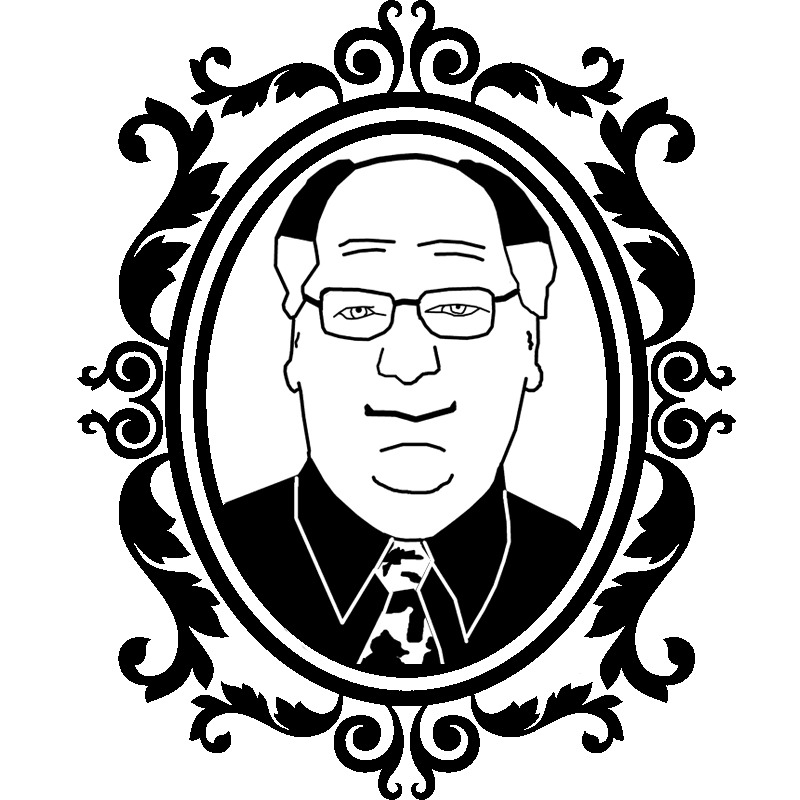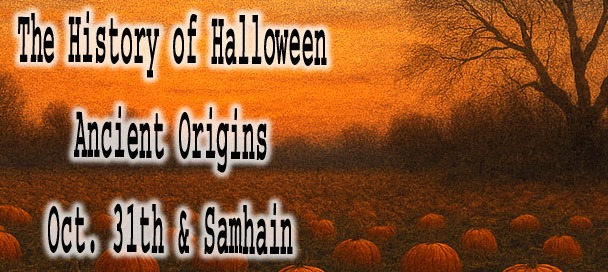🎭 The Uncompromising Genius of George C. Scott

George C. Scott in The Hustler, playing manipulative gambler Bert Gordon
George C. Scott wasn’t just an actor—he was a force. Gravel-voiced and commanding, Scott stormed through Hollywood with a presence that refused to be ignored. From courtroom dramas to battlefield speeches, his performances left an indelible mark on the American screen. Yet behind that intense gaze and legendary temper was a man as complex as the characters he played.
George C. Scott (1927–1999) was an American actor whose gravelly intensity and unwavering commitment to truth made him unforgettable. From his breakthrough in Anatomy of a Murder to his commanding turns in The Hustler and Dr. Strangelove, he demanded presence—and never let Hollywood define his terms. His portrayal of General Patton in Patton was so electric it won him an Oscar he famously refused, a gesture that underlined his integrity. Scott saw acting as a craft, not celebrity, and his refusal to play by the rules made him a legend of screen and stage.
Born to a world far from Hollywood lights, George C. Scott never chased fame. In fact, he often rejected it, most famously turning down his Oscar for Patton in a move that stunned the industry. His refusal to play by the rules didn’t make him difficult—it made him unforgettable. Every role he tackled came with a rawness that could only come from a soul unwilling to compromise.
He brought gravity to every scene, whether as the haunted prosecutor in Anatomy of a Murder or the irascible General Buck Turgidson in Dr. Strangelove. Directors admired him, co-stars feared him, and audiences couldn’t take their eyes off him. He wasn’t the easiest actor to work with, but he was often the best.
What drove George C. Scott wasn’t the lure of celebrity—it was the pursuit of truth in performance. He saw acting as a sacred craft, not a stepping stone to red carpets and magazine covers. That dedication made him a legend, even as he tried to shun the spotlight that so desperately wanted to embrace him.
He was a force whose refusal to chase fame made him more remarkable than any award could convey.
👶 Early Life
George Campbell Scott was born on October 18, 1927, in the small town of Wise, Virginia. The son of Helena Agnes and George Dewey Scott, a Buick executive, young George lost his mother when he was only eight years old. The family relocated to Detroit, Michigan, where he spent most of his childhood navigating life without the steady presence of a mother—a loss that would shape his emotional depth for years to come.
As a boy, Scott harbored dreams of becoming a writer, not an actor. He was a voracious reader, particularly drawn to the works of Shakespeare and F. Scott Fitzgerald. Yet his early life was far from theatrical. After high school, he enlisted in the United States Marine Corps, serving honorably from 1945 to 1949. Though he never saw combat, the discipline and structure of military life would later influence his portrayal of authority figures on screen.
Following his military service, Scott enrolled at the University of Missouri, where he studied journalism. It was there, almost by accident, that he discovered acting—auditioning for a campus production and becoming instantly hooked. What began as a detour would soon become his life’s passion. His performances on stage quickly gained attention, and he began to see a future far different from the one he had originally planned.
Explore the Biographies of Iconic Celebrities
🎬 TV & Movie Career
George C. Scott’s rise through television and film was nothing short of meteoric. He began in the golden age of live TV dramas, delivering standout performances on anthology series like Studio One and Playhouse 90. His intensity translated perfectly to the small screen, where early roles laid the groundwork for a film career that would soon explode. Unlike many of his peers, Scott didn’t ease into the spotlight—he kicked the door down and made it his own.
His big-screen breakthrough came with Anatomy of a Murder (1959), where he starred opposite James Stewart as the fiery prosecutor Claude Dancer. The performance earned George C. Scott his first Academy Award nomination and showcased his talent for portraying tightly coiled intensity with explosive impact. Sharing the screen with Stewart, Ben Gazzara, and Lee Remick, Scott more than held his own, commanding every scene with sharp dialogue and magnetic presence. From that moment on, he was no longer just a stage actor—he was a force in cinema, taking on roles that demanded intellect, power, and emotional depth.
One of his most iconic performances came opposite Paul Newman. The Hustler (1961), playing the cold, manipulative gambler Bert Gordon. The role earned him another Oscar nomination and solidified his place among Hollywood’s most respected dramatic actors. He followed that with turns in The List of Adrian Messenger (1963), Stanley Kubrick’s dark satire Dr. Strangelove (1964), and the Shakespearean drama The Merchant of Venice on stage and television, proving his versatility was no fluke.
But it was Patton (1970) that transformed George C. Scott into a legend. As General George S. Patton, he gave a towering performance—one so powerful it earned him the Academy Award for Best Actor. Famously, he refused the honor, calling the Oscars a “meat parade.” Yet no denial could diminish the impact of his portrayal. The role became both his masterpiece and his shadow, looming large over the rest of his career.
In 1984’s Firestarter, George C. Scott took on the chilling role of John Rainbird, a government assassin with a disturbing obsession. Adapted from Stephen King’s novel, the film starred a young Drew Barrymore as Charlie, a girl with pyrokinetic powers pursued by a secret agency. Scott’s quiet menace added an unnerving layer to the supernatural thriller, contrasting sharply with Barrymore’s emotional vulnerability. The cast also featured Martin Sheen as the calculating government head, adding further weight to the ensemble. Though not released during the Halloween season, Firestarter became a cult favorite for fans of eerie, government-conspiracy horror with a psychic twist.
🎖️ Patton: Special Edition DVD

Patton DVD cover highlighting its 8 Academy Award wins.
George C. Scott delivers a powerhouse performance as the controversial and brilliant General George S. Patton in this epic war drama that redefined the genre and won eight Academy Awards—including Best Picture, Best Director, and Best Original Screenplay. Scott famously won the Oscar for Best Actor but declined it, making history as the first to do so.
Directed by Franklin J. Schaffner and written by Francis Ford Coppola, Patton blends explosive battle sequences with a penetrating character study. The film captures both the strategic genius and the personal contradictions of a military icon whose leadership helped shape the outcome of World War II.
Co-starring the ever-reliable Karl Malden as General Omar Bradley, the film features unforgettable monologues, sweeping cinematography, and a score that still resonates with gravity. Malden’s grounded performance perfectly balances Scott’s intensity, giving the story emotional depth and humanity.
Includes special features like commentary, behind-the-scenes footage, and historical context that brings the legacy of Patton to life in restored, pristine quality.
🕊️ George C. Scott Later Years
In the final chapter of his extraordinary career, George C. Scott continued to take on roles that reflected his commanding presence and deep intellect. Though he had nothing left to prove, he remained committed to meaningful work that challenged audiences and elevated the craft of acting. His gravitas made him a natural fit for roles involving authority, reflection, and moral complexity.
Scott’s last on-screen performance came in the 1999 television adaptation of Inherit the Wind, where he portrayed the staunchly conservative Matthew Harrison Brady. The film, a dramatization of the famed Scopes "Monkey" Trial, tackled issues of science, religion, and freedom of thought. George C. Scott’s portrayal was intense and grounded, a powerful counterbalance to Jack Lemmon, who played the defense attorney Henry Drummond. Their on-screen chemistry reflected a meeting of legends, each bringing decades of experience to the roles. Piper Laurie also added a graceful presence to the film, rounding out a cast worthy of the material.
Inherit the Wind served as a fitting farewell to George C. Scott’s career—a performance that echoed the intellectual rigor and dramatic intensity that had defined his work for over four decades. Though his health was in decline, his passion for acting never wavered. He passed away in 1999 at the age of 71, leaving behind a legacy of roles that continue to resonate with audiences and critics alike.
🏆 Legacy
George C. Scott’s legacy is one of fierce integrity, artistic brilliance, and fearless individuality. He was a performer who refused to play by Hollywood’s rules, yet still earned its highest honors. His decision to decline the Oscar for Patton became a defining moment in award show history—not out of arrogance, but because he believed art shouldn’t be ranked. That bold move cemented him as a man of principle, not just performance.
Beyond the accolades, Scott left behind a catalog of complex, unforgettable characters—from General Patton to Ebenezer Scrooge, from prosecutor Claude Dancer to the haunted Matthew Harrison Brady. His voice, posture, and sheer presence made even the quietest moments thunder with meaning. He didn’t just act—he inhabited.
His influence ripples through generations of actors who admire his refusal to conform and his absolute dedication to the truth of a role. Directors, critics, and fans alike continue to study his work as a masterclass in character immersion.
Though he walked away from the spotlight in his later years, George C. Scott remains a towering figure in the history of American cinema—a performer who commanded the screen and left it on his own terms.
🗣️ Why They Still Matter
George C. Scott endures because he embodied integrity in performance. He demanded honesty at every level—craft over celebrity, depth over easy admiration. His characters cracked with moral weight and emotional risk, and actors still study them. He didn’t just play a role—he fully inhabited it, and that kind of commitment leaves traces that never fade.
Further Reading & Resources
📖 Read: George C. Scott Biography – Classic Movie Hub
🔍 Explore: George C. Scott

ML Lamp is the owner of Kilroy Was Here. After his 20 years of working in Las Vegas in the entertainment promotions field, Mr. Lamp retired in 2002 from his job to pursue his passion for collectibles. Now as a guest speaker and author he’s living the dream, and sharing his warmth with You.





